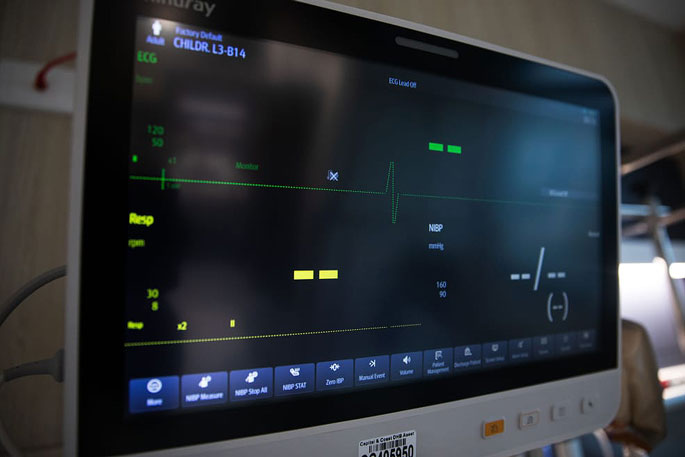A new study has found that Māori are a third more likely to be admitted to hospital with treatment injuries and 43 per cent more likely to be admitted because of healthcare complications than non-Māori.
The research reviewed hospital records from the Lakes and Bay of Plenty regions over five years (2014 to 2018) and covered around 300 treatment injury patients and almost 14,000 people admitted with complications, all over 50 years of age.
Co-author and pharmacist Dr Joanna Hikaka says their research showes older Māori are more likely to experience adverse outcomes than non-Māori.
"There is always the potential for adverse outcomes to occur when you receive any healthcare.
"We believe it is important for the New Zealand health system to routinely report adverse outcomes resulting from healthcare and respond when there are differences in outcomes between different groups in the population."
Treatment injuries, also known as medical misadventure, include the likes of unintentional cuts and punctures during surgery, while healthcare complications include infections and reactions to medicines.
Although older Māori were more likely than older non-Māori to be admitted to hospital because of these issues, Māori living in the same regions were less likely to have a treatment injury-related ACC claim.
Lead author and a junior doctor at Christchurch hospital Dr Gina Svensen says the researchers want to see a transparent, publicly available monitoring and reporting system so that the health system and providers can respond.
"Our findings highlight inadequacies in the provision of quality healthcare for Māori and prompt further investigation of this at a national level.
"The health system reform provides an opportunity to improve monitoring and reporting of adverse outcomes in healthcare in New Zealand."
More than half of healthcare complications for both Māori and non-Māori related to medications. An example of this might be when a medication used to treat high blood pressure was too strong and led to very low blood pressure, falls, and injury.
"As we get older, the way medicines act and react in our body's changes. Medication reviews that involve discussions between patients and their health professionals can reduce the risk of adverse outcomes and are an important part of ongoing care particularly as people age," Hikaka says.



2 comments
Root cause
Posted on 27-07-2023 13:14 | By CliftonGuy
We are constantly hearing about Maori being disadvantaged by this and that. But what we are not told is why this is happening.
Is there some genetic predisposition that is causing this? Or is it a racial bias by some organisations? All we are seeing are the results, but nobody appears to have researched the reasons why.
All over the world we see that certain race groups have some advantages and disadvantages compared to the average. Some have an adverse reaction to liquor, some have physical advantages because of height or endurance when running.
Is this an issue of inherited genes, or from an adopted lifestyle, or outside influences? Until we know the root cause for these issues, it is all hot air.
Overit
Posted on 27-07-2023 14:33 | By overit
Seriously, why would they be more likely to suffer more misadventure than anybody else? Where are the statistics?
Leave a Comment
You must be logged in to make a comment.